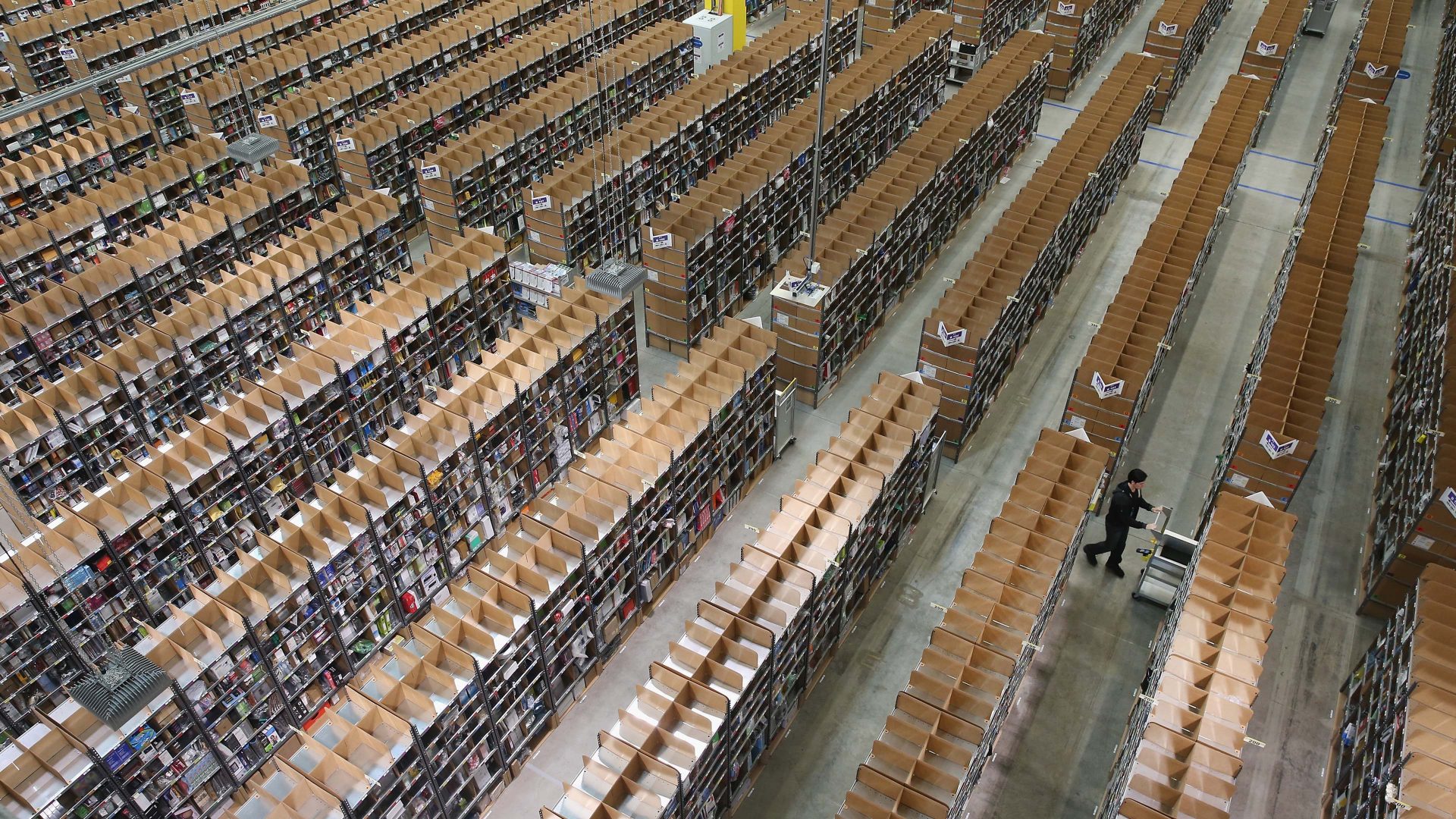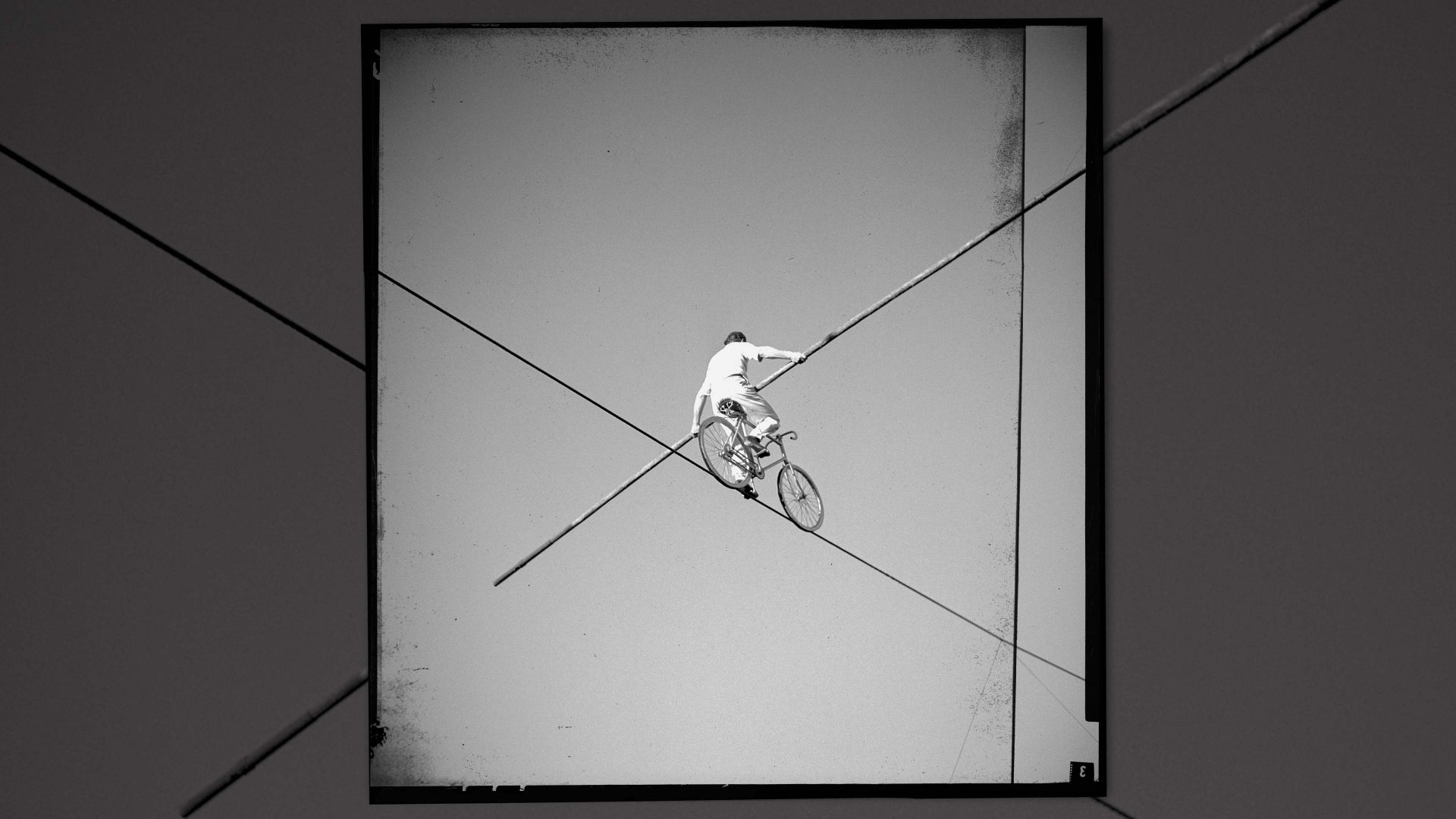Britain has a productivity problem. For much of the 20th century, productivity rose markedly across the west as emerging technologies and better education drove more efficient work. As the economist Silvana Tenreyro notes, in the decades before the financial crisis, productivity grew at such a rate that the average worker in 2007 was producing twice as much “value” per hour as their counterpart 30 years previously.
But productivity took a hit with the 2008 crash and has struggled to recover its momentum in the UK. Consequently, we are now behind the US, France and Germany. The most recent confirmed productivity figures show that: we were 0.6% less productive in the first quarter of 2023 than during the same period in 2022; we delivered the weakest annual growth in output per hour worked since early 2013; and we had the weakest annual rise in output per worker and output per job since 2009.
Of course, this matters. Partly it matters because it represents a whole tangled mess of problems, distilled elegantly into a single measure, all of which need addressing in their own right. Those problems include the continued dragging effects of Brexit, the low investment in skills and infrastructure, a higher proportion of low-skilled managers than in other comparable nations, and acutely unequal (and therefore inefficient) resource distribution across regions and within communities.
It also matters because, in our economic system, productivity is the key determinant of living standards. At its best, more productive work enables wage rises, greater spending power, higher investment, more ambitious innovation, and continued comfort for the (growing) retired population. More efficient use of non-labour resources is also critical to building a more environmentally sustainable economy – perhaps the most pressing task in an age of climate emergency.
And in theory, higher productivity offers liberation for our personal lives too, as we work more efficiently but for fewer hours, freeing up the rest of our diaries for leisure, volunteering, relationships, and rest. John Maynard Keynes predicted we would work 15 hours a week by 2030, so high would productivity rise.
Why, then, has productivity growth not brought these things? Material living standards have improved drastically over the last 50 years, but this didn’t create a fairer, happier, or more sustainable society; if anything, it has led to the opposite.
And this brings us to the second problem, which is ethical, cultural and even spiritual. As we create more, we want more; as we earn more, we consume more; as we spend more, we need more – or we believe we do. Measures of productivity alone make no judgement on what a reasonable input would be (either by hours worked or resources spent) or when an adequate output might be achieved. They simply compare two values, creating a number that we expect will continually increase. In Britain, we are told, it isn’t growing fast enough.
The limitations of using productivity alone as a yardstick are highlighted by a closer look at our neighbours: Ireland consistently ranks among the most productive nations on earth, but this is largely down to its low corporation tax, which attracts many billions of dollars to the Irish economy through highly profitable multinationals. The limits of the measure are reflected in Britain’s own productivity figures too, where in the first quarter of this year, output per hour fell because the number of hours worked grew faster than the value added. Across the economy, real estate had the biggest fall in productivity, driven mainly by an increase in hours worked. And while our actual productivity over this period was lower than in 2022, it was higher than in 2019. The picture looks more or less bleak depending on which figures you choose, but taking this snapshot as an example, Britain was more productive than it was before the pandemic, working longer hours, in more jobs, and with more workers.
How does it feel to live and work within such a system? You know the answer. Dissonant. Task-crunching. Quiet Quitting. For all our hard work, a focus on productivity growth alone can leave us running faster to stand still – or even go backwards. Clearly, we need other measures to interpret what is either flourishing or stagnant.
Here is where the economic picture collides forcefully with our cultural obsession with personal productivity. We are all being asked to produce more than a person needs to because productivity is a measure with no limit. The natural tendency towards personal ambition leads to longer hours, but this literally makes the problem worse, both because of how productivity is calculated, and because evidence suggests we are actually less productive if we work too much. Fundamentally, the target is impossible.
The productivity growth curve, then, is really a challenge for human nature: why do we approach efficiency as an endless rainbow to chase, rather than the route to a simpler, more grounded life?
Culturally, “productivity growth” is often presented as the aspiration first to increase output, then to decide whether to reduce our input or simply enjoy having more. Britain has longer average working hours than either France or Germany, so it seems we choose the latter. But many of the biggest problems facing our society – over-consumption and unequal resource distribution especially – are made worse by an excessive focus on growth. As Jeremy Williams and Katherine Trebeck write in The Economics of Arrival:
“What a tragedy it would be if, in the rush for more, the fruits of progress rotted before everyone had a chance to enjoy them. There’s no need to keep running, on and on. It is time to recognise that the richest countries have already Arrived in the world long hoped for… The priority is now to make ourselves at home – a very different task from that of pursuing more and more without regard to quality or distribution.”
Of course, “arriving” is made urgent by the climate emergency. Simply, we need to use fewer resources, and increased productivity could help us get there, so long as it does not involve cutting jobs or chasing further output. The twin challenges of transitioning to a net zero economy and managing the direct damage caused by climate change position us at a point in history when we must be open to alternative economic measures and ways of managing the economy.
But it is more than that: reimagining our approach to productivity also enables a revaluation of those forms of work that can’t be endlessly streamlined (an increasing share of modern western economies) or that don’t appear in the data at all – that is, to recognise afresh those elements of human activity that really are worth slowing down for.
Consider the care worker. There is a limit to the number of house visits that can reasonably be conducted in an hour, and hoping for that number to increase is literally counter-productive – not to mention dangerous. Human-centred work is inherently time-consuming, and its outputs are usually difficult to measure – but indispensable. We can make the other parts of the job more efficient, but there comes a point when the core task is irreducible.
In England alone, around 1.52 million people worked in the adult social care sector in 2022-23 – more than in the NHS – and an increasing share of the economy is located in caring and service-based professions more generally, making this a growing challenge for Britain’s productivity puzzle. So this isn’t a sentimental question: what is the most reasonable way to measure, in economic terms, the gift of somebody’s attention?
Consider also the full-time parent. How should we measure the huge investment of time, creativity, endurance, emotional energy, and opportunity cost taken to raise a child? Parenting is generative and creative, just as it is economically necessary in the establishment of a future workforce, but counts for nothing in traditional assessments of the national economy.
Or consider the grandparent helping to care for the children as the parent goes back to work; the water-cooler moment in the office that bonds a new team; the conversation you have while lingering at the bus stop on the way home, which might lead to a new job opportunity, or just to a more humane journey. None of these are efficient; all of them are, in the truest sense of the word, productive.
When it comes to productivity, therefore, pragmatic and moral arguments point in the same direction. It’s not that we shouldn’t aim to create a high-skill, high-investment, well-managed economy, but that economic measures need to reflect both the kind of economy we are building and our values – and we will never “arrive” with the models and values we currently have.
Trying to address the economic problem without a wider look at our culture will not, therefore, give us the kind of economy we need. However, a reimagined culture might have something to offer the economy – and ultimately, it could even help us to move towards what truly encourages human flourishing: spontaneity, and connection. After all, what should it profit us to gain the whole world, but lose our soul?
Madeleine Pennington will appear at How the Light Gets In on Saturday September 23 to discuss “The Economics of Almost Everything”.



